New Law to Help More Filipinos to Get out of Poverty
Non-government organizations (NGOs) that provide micro financing to the poor who want to start their own business stand to receive more assistance from the government after the Microfinance NGOs Act was signed into law by President Aquino.
Last Nov. 3, the Chief Executive signed Republic Act No. 10693 or “An Act strengthening Non-government Organizations (NGOs) engaged in Microfinance Operations for the Poor”.
“This new law will inspire and encourage more microfinance NGOs and institutions to contribute in the promotion of the development of micro businesses all over the country,” said Sen. Bam Aquino, co-author and principal sponsor of the measure in the Senate.
The new law provides microfinance NGOs needed support and incentives that includes access to government programs and projects, technical assistance and preferential tax treatment.
Aquino, chairman of the Senate Committee on Trade, Commerce and Entrepreneurship, said the new law “is a victory for all microfinance NGOs, which have been helping the government’s poverty alleviation program for decades without getting anything in return”.
“This is a recognition of the crucial role they play in lifting our fellow Filipinos from poverty and enabling the poor to build their own businesses and create their own sustainable livelihood,” said Sen. Bam, who worked with poor communities before becoming a senator.
Microfinance NGOs provide no collateral financing to those who want to start their own small business, luring them away from loan sharks or more commonly known as “5-6”.
Aside from loans, microfinance NGOs also offer training programs and seminars to enhance the entrepreneurial skills and financial literacy of their borrowers.
“Nais pa nating paramihin ang mga tumutulong sa ating mahihirap nating kababayan,” he shared.
The Microfinance NGOs Act is the 6th law of the neophyte senator in the 16th Congress.
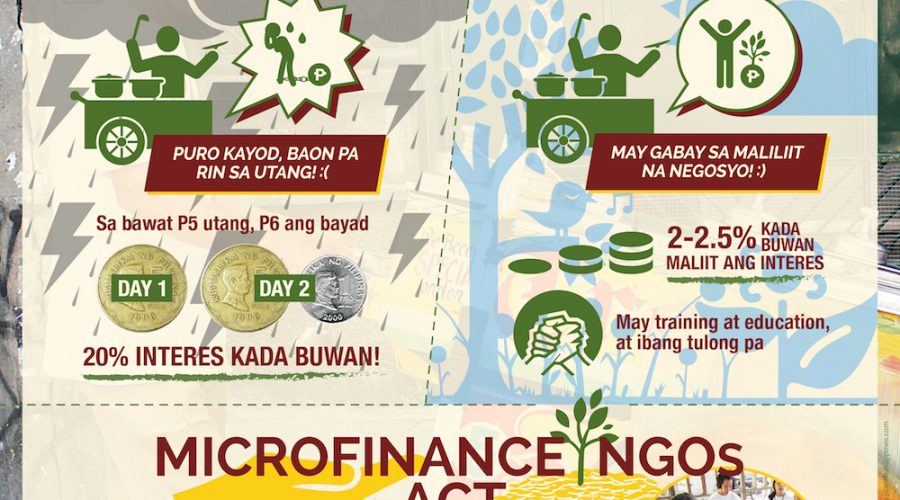
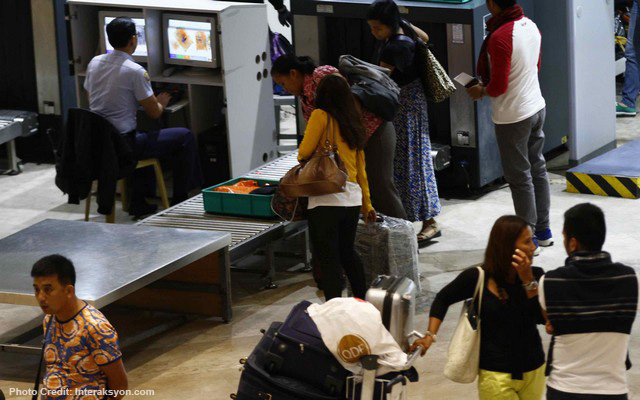
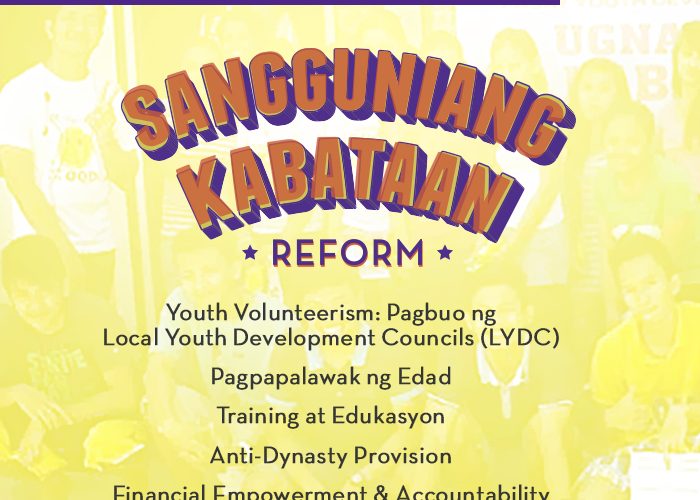
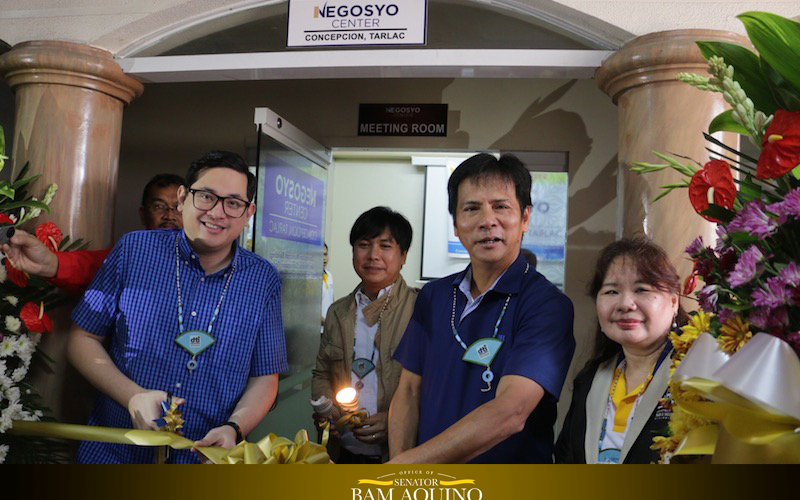
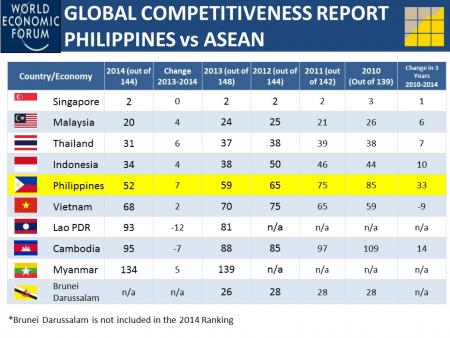

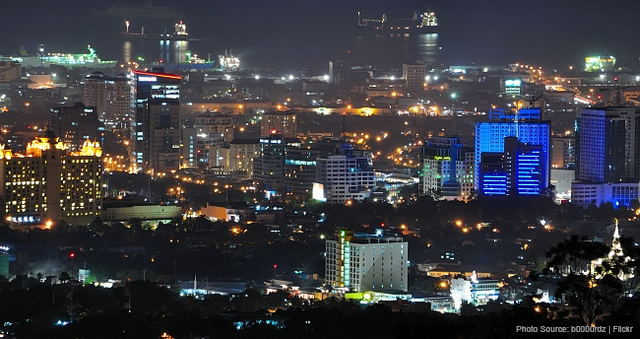
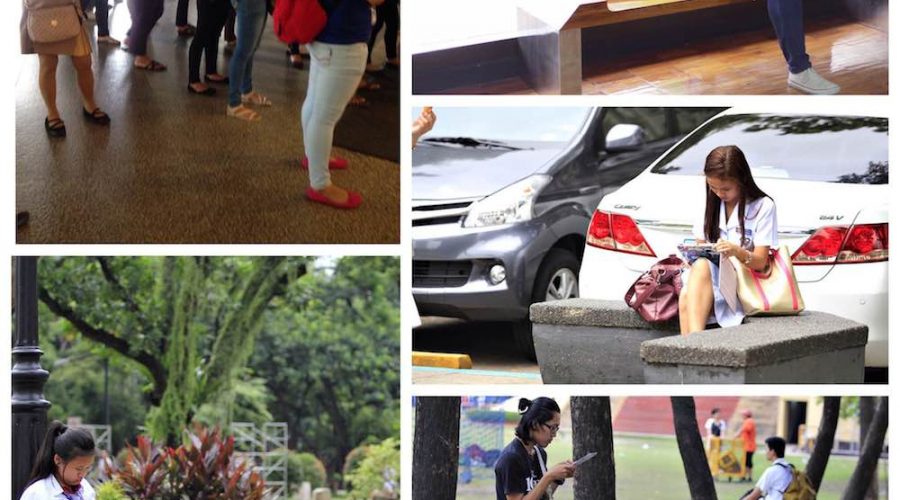
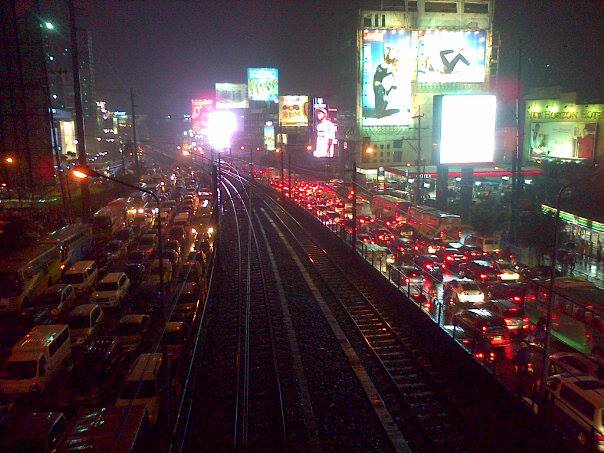

Recent Comments